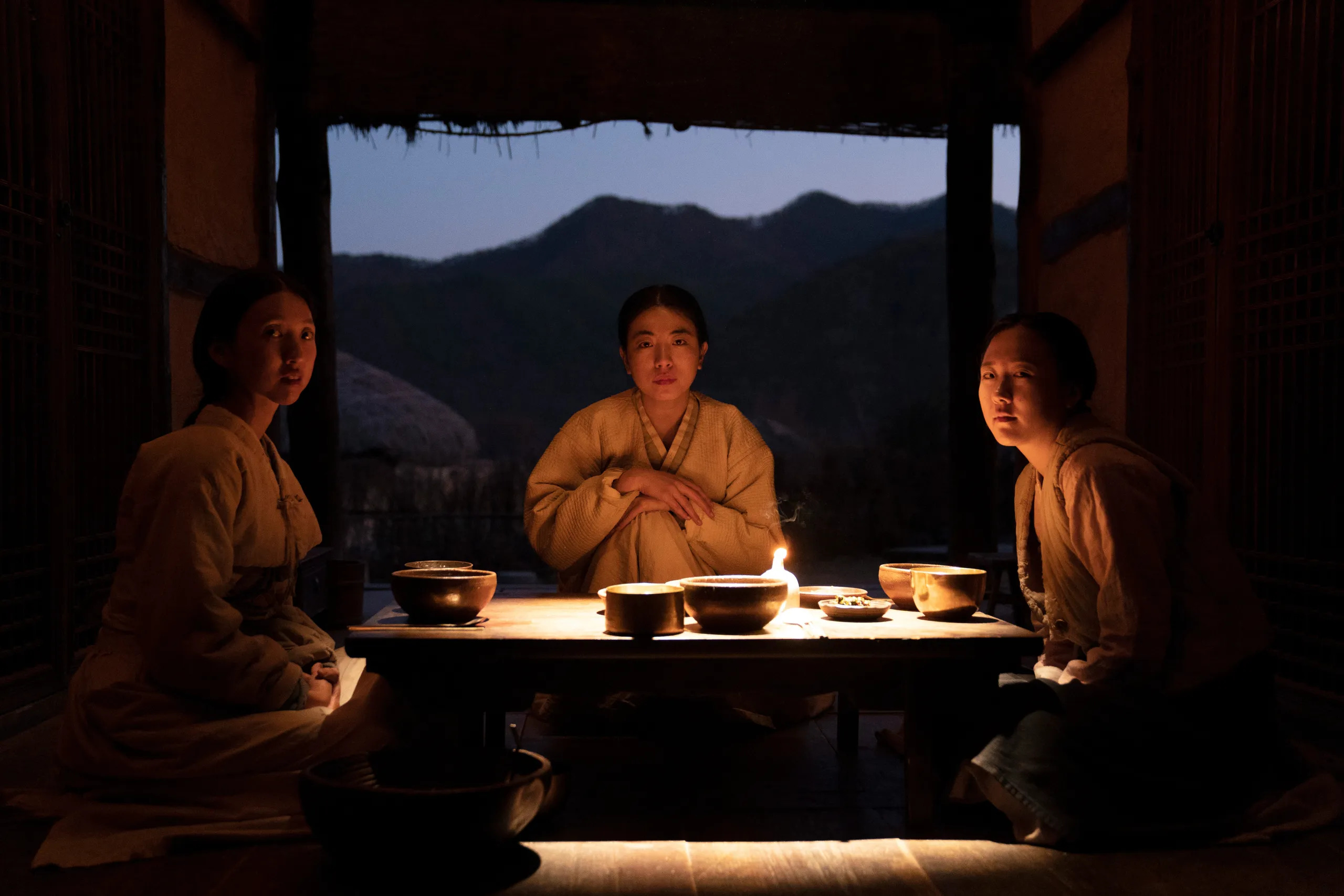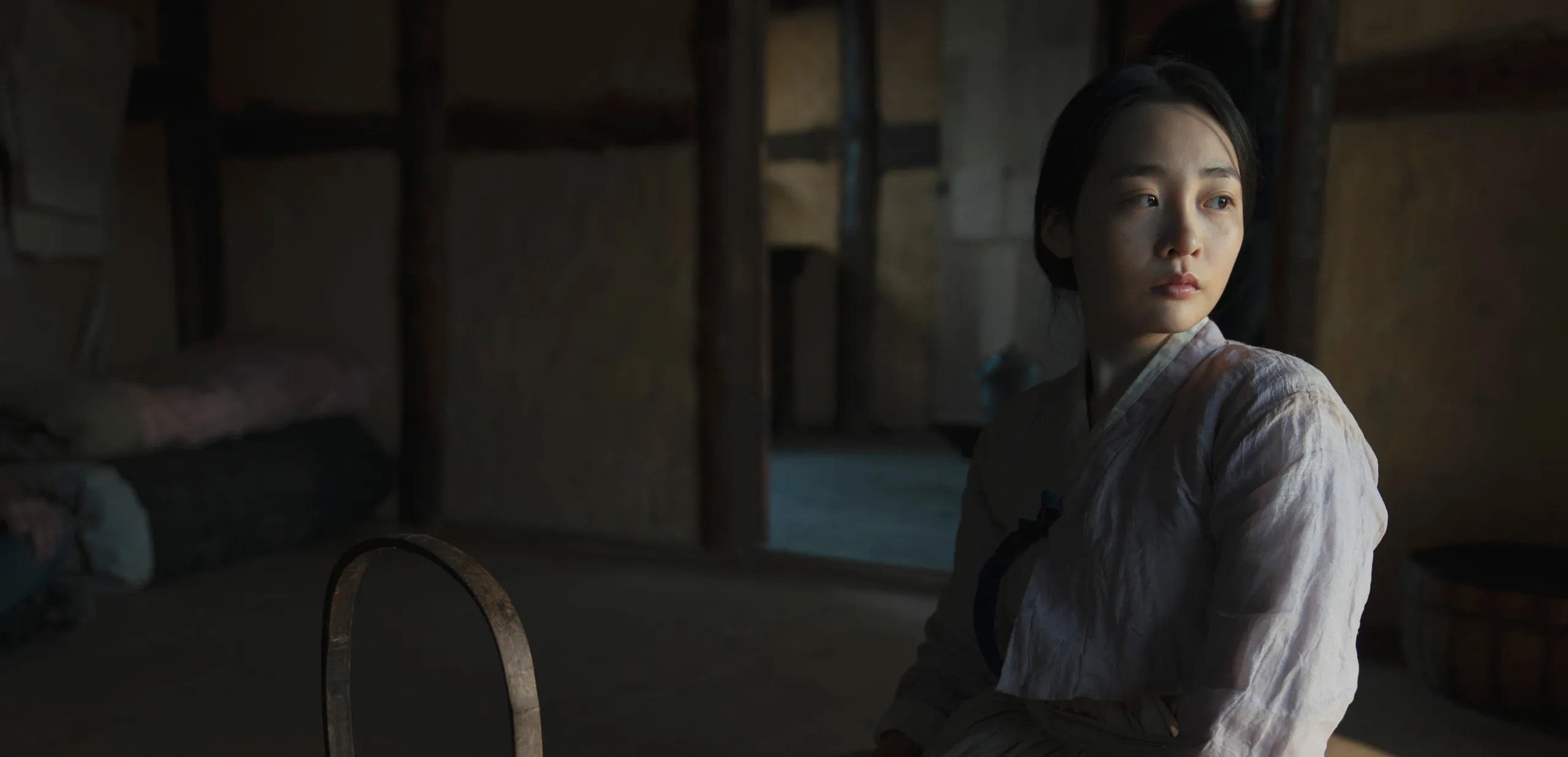‘Pachinko’ is a South Korean drama series about family, immigration, the pursuit of happiness, and racism. The story revolves around a woman named Sunja (Yu-na Jeon as the child, Minha Kim as the teen, and Youn Yuh-jung as the adult) and her family. After losing three sons before their first birthdays, Sunja’s mother gives birth to her. She grows up in a happy and stable household. After her father’s death due to tuberculosis, the family’s struggle begins.
They persevere, and Sunja eventually ends up in Osaka, where she builds a life for herself. The title of ‘Pachinko’ serves multiple purposes. Outwardly, it refers to what ultimately becomes the family’s main source of earning. However, it also underscores their struggle, determination, and perseverance. Here is everything you need to know about it. SPOILERS AHEAD.
What is the Meaning of Pachinko Title?
The title ‘Pachinko’ is a reference to the mechanical game of the same name. It’s a type of recreational arcade game that is predominantly used for gambling purposes. It originated in Japan and is now found in various parts of the world. It basically serves the same purpose that the slot machines do in the gambling scene in the West.

Gambling for cash is illegal in Japan. And yet, numerous pachinko parlors have sprung up across the country. In the series, Sunja’s son Mozasu runs such a parlor and intends to expand his business. These parlors exist because of certain alleged loopholes in the law. Unlike ordinary casino tokens, pachinko balls cannot be exchanged for money. Moreover, a player is forbidden from taking the balls out of the parlor premise.
So, the parlor owners give “special prize” tokens or “tokushu keihin” to the players, who then take them to certain stores beyond the premise of the parlor to sell them for money. Often times, these stores are affiliated with the parlor. Pachinko is a crucial source of revenue for Japan. According to one report, it’s 30 times more than the gambling revenues of Las Vegas and twice of Japan’s automobile industry.
What is the Significance of Pachinko Title?
The title of the show gives a comparable understanding of what Sunja and her family go through in their lives. Like a pachinko player, they need both luck and skills to succeed and find happiness in a foreign land. But often they encounter a system that has been manipulated against them, just like a rigged pachinko machine.

In the novel, Sunja’s family escapes the clutches of poverty by opening pachinko parlors. So, there is a justifiable association of prosperity to pachinko. However, at the same time, there is a taboo surrounding pachinko in Japanese society because of its use as a gambling device, and both the series and the original novel explore that aspect as well. The racism that the Korean characters encounter in Japan is compared to the dubious legality of pachinko and how the Japanese view the entire issue. For all the revenues Pachinko generates for the country, it still has to find legal loopholes to operate.
Read More: When and Where Is Pachinko Set?


You must be logged in to post a comment.